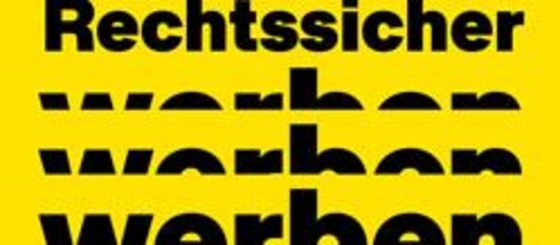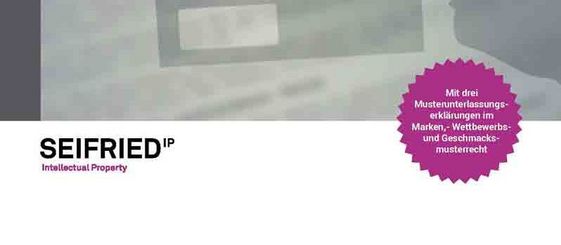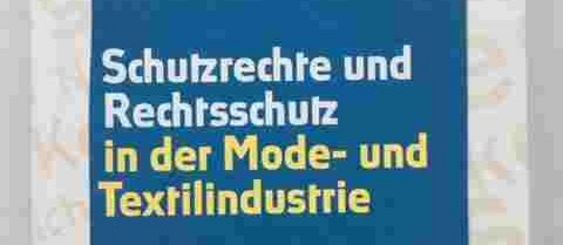Proper service?
Service on the opponent or the opposing counsel?
A temporary injunction must be served within one month. The service of a temporary injunction is a prerequisite for its effectiveness (BGH 10.6.1999 - VII ZR 157/98) and the beginning of the enforcement of the temporary injunction (§ 929 para. 2 ZPO). This means that the threat of an order (§ 890 ZPO) must also be served within the one-month period. Ideally, this is already tenorized in the preliminary injunction ("under threat of an administrative fine...").
An interim injunction is not served by the court. Rather, it must be formally served "in party service" by the applicant himself, i.e. by the bailiff (§ 192 ZPO) to the defendant. If there is a power of attorney of the opposing attorney, it is mandatory that service be made on the opposing attorney. The same applies if, for example, a lawyer has been appointed for the proceedings in a protective letter for the defendant.
Defects in service may be remedied under §§ 189, 191 ZPO.
Proper service of the preliminary injunction?
A preliminary injunction must be served within one month. The service of a temporary injunction is a prerequisite for its effectiveness (BGH 10.6.1999 - VII ZR 157/98) and the start of compulsory enforcement of the temporary injunction (Section 929 (2) ZPO). This means that the threat of an order (§ 890 ZPO) must also be served within the one-month period. Ideally, this is already tenorized in the preliminary injunction ("under threat of an administrative fine...").
An interim injunction is not served by the court. Rather, it must be formally served "in party service" by the applicant himself, i.e. by the bailiff (§ 192 ZPO), on the defendant. Service by e-mail is not sufficient (but may be curable). This is because the transmission of a scanned document by e-mail merely represents the transmission of a simple copy, which is not sufficient for service (OLG Düssel-dorf v. 19.09.2017 - _-20 U 3/17; OLG Karlsruhe v. 22.01.2014 - 6 U 118/13; OLG Hamburg v. 30.06.2005 - 3 U 221/04). The sending of an uncertified copy is not sufficient for the execution of an order, not even via the electronic lawyer's mailbox (OLG Brandenburg v. 06.04.2021 - 1 U 74/20), because the authenticity of such a document is not verifiable (OLG Düsseldorf v. 29.05.2018 - 20 U 159/17 mwNw.).
In the case of service on a party to proceedings domiciled abroad, Form L is required under Art. 12
Service of the temporary restraining order on the opponent or the opposing attorney?
If the opposing attorney has power of attorney, service must be made on the opposing attorney. The same applies if, for example, a lawyer has been appointed for the proceedings in a protective letter for the defendant.
Service of the preliminary injunction without a notice of motion?
According to case law, service of the application may be dispensed with under certain circumstances if the scope of the court prohibition can be understood without the application. However, this does not apply if the court expressly makes the validity of the temporary injunction dependent on the service of the application (OLG Köln, judgment dated May 14, 2004 - 6 W 52/04).
Service of a black-and-white copy of a temporary injunction issued by the court in color
Service of a temporary injunction issued in color but served only in black and white may also be invalid (see OLG Frankfurt v. 02.04.2014 - 11 W 10/14, OLG Hamburg v. 30l.01.2007 - 3 W 239/06). This applies in particular to preliminary injunctions in which the scope of the prohibition is also determined by colored images, i.e. mostly in the case of design infringements and occasionally also in the case of trademark infringements.
Deficiencies in service may be curable under §§ 189, 191 ZPO.
Closing letter and declaration to close the preliminary injunction proceedings
Declaration to close the preliminary injunction proceedings is usually used to end preliminary injunction proceedings
Closing letter
The closing letter is the request for a closing statement following the issuance of a preliminary injunction. With this final declaration, the defendant or respondent recognizes the preliminary injuncti after service of a preliminary injunction.
Declaration to close the preliminary injunction proceedings
A declaration to close the preliminary injunction proceedings is usually used to end preliminary injunction proceedings. With this final declaration, the defendant or respondent recognizes the preliminary injunction as the final settlement. An action on the merits following the injunction proceedings is then no longer possible. Such an action would lack the legal protection requirement. However, a final declaration only removes the need for legal protection if it corresponds to the content of the preliminary injunction. (BGH GRUR 2005, 692 – „statt“-Preise).
Deadline for submission of declaration to close the preliminary injunction proceedings
The deadline developed by case law for submitting a closing statement is 14 days after the date of service of the temporary injunction. Only if he complies with this deadline can the claimant also demand reimbursement of the costs for the closing letter from the defendant (BGH, judgment of January 22, 2015 - I ZR 59/14 - Kosten für Abschlussschreiben II).
Amount of fees for a closing letter
There is always a dispute about the amount of the attorney's fees that the applicant for the preliminary injunction can demand to be reimbursed for the final letter. The 6th Civil Senate of the BGH assumes that in principle a fee within the fee range of No. 2300 RVG VV, namely between 0.5 to 2.5, can be demanded to be reimbursed (BGH judgment of 22.03.2011, No. 24 - VI ZR 63/10). In the case in dispute, the BGH had considered a fee in the amount of a 1.3 fee to be reasonable. The 1st Civil Senate, which is responsible for industrial property rights, takes a different view: Here, in the judgment of February 4, 2010 - I ZR 30/08 (= GRUR 2010, 1038 - Kosten für Abschlussschreiben) - the BGH had treated a closing letter in the specific case as a "letter of a simple nature" and considered only a 0.3 fee to be recoverable.




